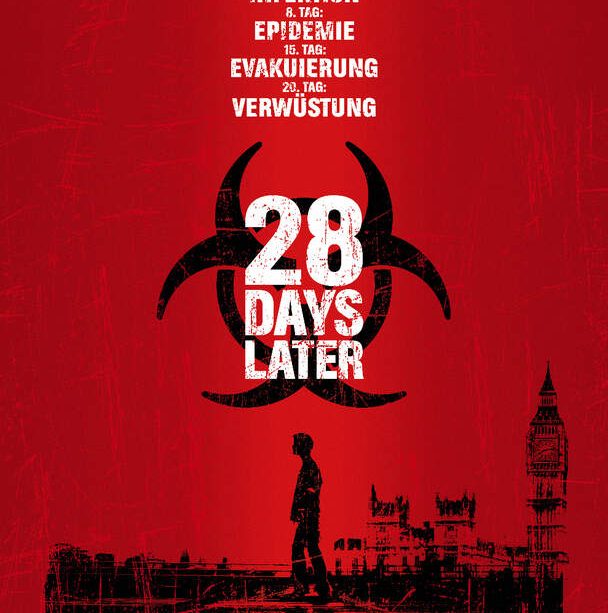Exploring 28 Days Later and Its Impact on Cinema

Introduction
’28 Days Later,’ directed by Danny Boyle and released in 2002, is a seminal British post-apocalyptic horror film that profoundly reshaped the zombie genre. Its relevance continues today as it not only redefined the horror landscape but also influenced numerous filmmakers and popular culture worldwide. Recent discussions around the film have resurfaced due to its innovative approach to storytelling and its commentary on societal issues, making it a pivotal piece in modern cinema.
The Premise and Impact
The film follows Jim, played by Cillian Murphy, who wakes from a coma to find London deserted and overrun by zombie-like creatures infected with the Rage virus. This harrowing storyline not only brought horror elements to the forefront but did so with a refreshing take on the genre—featuring fast-moving zombies, unlike the traditional slow-moving ones commonly seen before it.
’28 Days Later’ was groundbreaking in its use of digital filmmaking technology, allowing for striking imagery that complemented the film’s desolate themes. It grossed over $82 million worldwide on a budget of only $8 million, demonstrating that independent films could achieve significant commercial success. The film’s aesthetic and narrative style has been acknowledged by several contemporary horror films and series, as well as video games, highlighting its enduring influence.
Cultural Relevance Today
As we look at today’s social climate, themes showcased in ’28 Days Later’ resonate strongly. The film’s exploration of isolation, societal breakdown, and the fragility of civilization speaks to viewers grappling with post-pandemic realities. Critics and fans frequently reference the movie in discussions about anxiety around public health and contagion, showing how its narrative foreshadowed contemporary fears.
Moreover, in recent months, there has been renewed interest in the potential of a sequel. Danny Boyle has hinted at revisiting the ’28 Days Later’ universe, which could further reignite discussions about its implications and themes relevant to modern audiences, such as resilience and the human condition during crises.
Conclusion
In conclusion, ’28 Days Later’ is much more than just a horror film; it is an exploration of human nature amidst calamity. Its lasting impact on the film industry and its cultural significance in contemporary society underscore its status as a cinematic milestone. As audiences continue to engage with its themes and await potential future installments, it’s clear that ’28 Days Later’ will remain a crucial reference point in both film history and popular culture.








